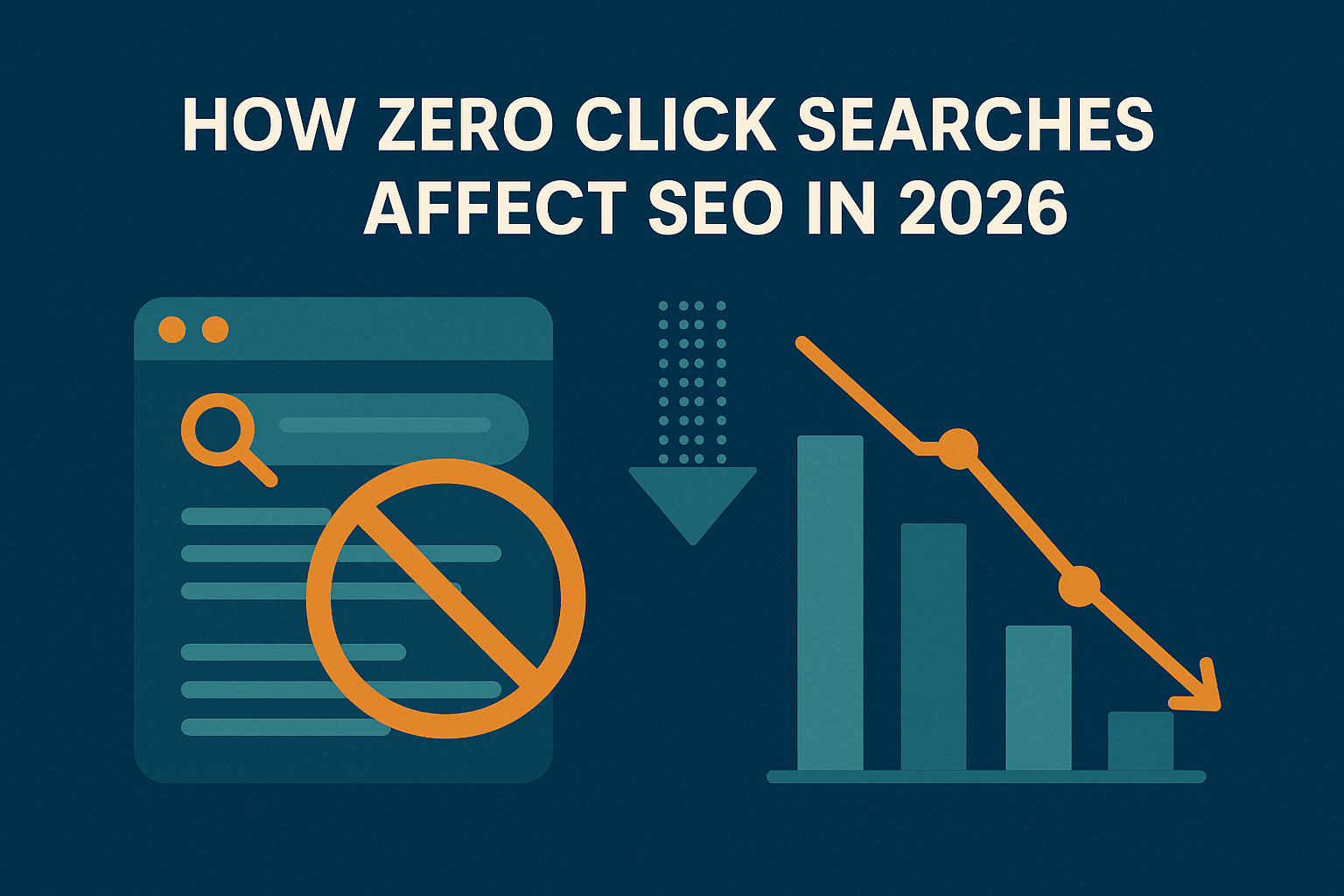Factors to Consider While Hiring a Virtual SEO Assistant
December 2, 2024
Hiring a virtual SEO assistant requires careful consideration to ensure that you select the right candidate who will deliver value and help achieve your business goals. Here are key factors to consider when hiring a virtual SEO assistant:
1. Experience and Expertise
- Relevant Experience: Look for a virtual assistant with proven experience in SEO, specifically in your industry or with similar business goals. They should be familiar with both on-page and off-page SEO techniques.
- Skills: Ensure they are proficient in SEO tools (like Google Analytics, SEMrush, Ahrefs, Moz, Google Search Console) and have a strong understanding of technical SEO, content optimization, keyword research, link building, etc.
2. Understanding of Your Business and Industry
- Industry Knowledge: It helps if the virtual assistant has a background in your particular industry or niche. This can enable them to tailor their SEO strategies to better meet your target audience’s needs.
- Target Audience Familiarity: They should understand your target audience and customer behavior to optimize your content for better engagement and conversions.
3. Technical SEO Skills
- Website Audits: Ensure the assistant can perform thorough website audits to identify and address SEO issues (like slow load times, mobile responsiveness, broken links, etc.).
- Mobile and Local SEO: As mobile optimization and local SEO become increasingly important, ensure they have experience in these areas, especially if your business relies on local traffic or serves mobile users.
- SEO Best Practices: The assistant should follow up-to-date SEO best practices, including optimizing for Core Web Vitals, structured data, and user experience (UX).
4. Portfolio or Proven Track Record
- Case Studies or Results: Ask for examples of previous work or case studies that demonstrate their success in improving website rankings, traffic, or conversions for other clients.
- Client Testimonials: Request references or testimonials from previous clients to understand their work ethic, reliability, and results.
5. Communication Skills
- Clear Communication: Since the assistant will be virtual, clear and consistent communication is crucial. They should be able to explain SEO strategies, report progress, and address concerns effectively.
- English Proficiency: If your audience is English-speaking, ensure the assistant is proficient in English, both written and spoken, to communicate clearly in content and reports.
6. Work Schedule and Availability
- Time Zone Compatibility: Consider whether the assistant’s time zone aligns with your working hours, especially if you need real-time communication or updates.
- Availability: Clarify their working hours, response time, and flexibility, especially during busy periods. This ensures that they can meet deadlines and provide support when needed.
7. Familiarity with SEO Tools
- Tool Expertise: Ensure the virtual assistant is familiar with a wide range of SEO tools that can be used to track rankings, keyword performance, backlink health, and analytics (e.g., Ahrefs, SEMrush, Google Search Console, Moz, etc.).
- Adaptability: They should be able to quickly adapt to any new tools or platforms you use, whether for keyword research, content management, or reporting.
8. Budget and Cost-Effectiveness
- Pricing Structure: Determine if the assistant charges hourly, per project, or on a retainer basis, and ensure their pricing aligns with your budget.
- Value for Money: While cost is important, prioritize quality and results. Cheaper options may not always deliver the desired outcomes, and a higher price may be justified by expertise and long-term ROI.
9. Work Quality and Attention to Detail
- Accuracy: SEO requires a keen eye for detail. The assistant should be diligent in checking and double-checking their work to avoid errors (such as broken links, keyword cannibalization, or missing meta descriptions).
- Consistency: They must be reliable and consistently apply best practices, ensuring that SEO efforts remain effective over time.
10. Adaptability and Willingness to Learn
- Continuous Learning: SEO is a rapidly changing field, with search engine algorithms constantly evolving. Ensure that the assistant is committed to staying up-to-date with industry trends, new tools, and Google’s algorithm updates.
- Problem-Solving Skills: The assistant should be able to adapt to changing business needs and troubleshoot issues that may arise during SEO campaigns.
11. Understanding of Content Strategy
- Content Creation and Optimization: The assistant should be capable of helping with content strategy, including creating SEO-optimized blog posts, articles, landing pages, and product descriptions.
- Content Marketing Knowledge: They should understand the synergy between SEO and content marketing, ensuring content not only ranks but also engages users and drives conversions.
12. Reporting and Analytics Skills
- Data-Driven Decision Making: Ensure the assistant can provide regular performance reports and interpret data to optimize strategies. They should be proficient in analyzing Google Analytics, keyword ranking reports, and conversion data.
- Transparency: They should be transparent with the progress and results of their work, sharing key performance metrics like traffic growth, keyword ranking improvements, and ROI.
13. Trustworthiness and Professionalism
- Reliability: As a virtual worker, your SEO assistant should be trustworthy, punctual, and capable of managing tasks independently. They should meet deadlines and follow through on promises.
- Confidentiality: Since they’ll have access to sensitive business data (like analytics and marketing strategies), ensure they understand the importance of confidentiality and non-disclosure agreements (NDAs) if necessary.
14. Project Management Skills
- Task Management: The assistant should be organized and able to handle multiple SEO projects at once, prioritizing tasks based on urgency and importance.
- Collaboration: If they are working with other team members (e.g., content creators, web developers), they should be able to collaborate smoothly and ensure all aspects of the SEO strategy align.
15. Cultural Fit
- Alignment with Your Company Culture: Even though they are remote, it's important that the assistant’s work ethic, communication style, and values align with your company culture. This ensures better long-term collaboration and understanding of your brand.
16. Trial Period
- Test Assignment: Consider starting with a trial period or small project to evaluate the assistant’s skills, efficiency, and ability to meet deadlines before committing to a long-term arrangement.
Conclusion:
Choosing the right virtual SEO assistant requires a balance of technical expertise, communication, reliability, and alignment with your business needs. By considering these factors, you can find an SEO assistant who not only brings the necessary skills but also works efficiently and cost-effectively to help grow your online presence over time.










